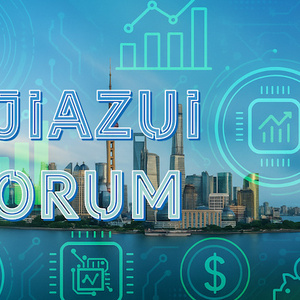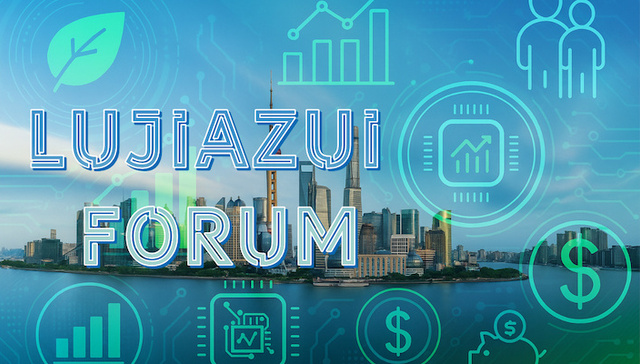by YANG Zhijin
At the opening of the 2025 Lujiazui Forum on June 18, People's Bank of China Governor PAN Gongsheng announced eight new financial policies to be implemented in Shanghai, aimed at strengthening the city's role as a globally competitive financial center.
The measures cover market infrastructure, monetary tools, digital currency, and cross-border capital flows. Highlights include establishing a centralized interbank market data repository, launching an international operations center for the digital yuan, and supporting the creation of personal credit agencies in Shanghai to improve the country's credit reporting framework.
Other initiatives target trade and investment liberalization: piloting offshore trade finance reform in the Lingang Special Area, issuing Shanghai Free Trade Zone offshore bonds—an innovative bond type positioned between onshore and traditional offshore debt, issued in the FTZ's offshore market, and upgrading FTZ accounts to streamline the flow of funds across borders. Additional reforms include launching structural monetary policy tools on a pilot basis—such as blockchain-based trade refinancing and tech bond risk-sharing mechanisms—and working with the China Securities Regulatory Commission to explore launching renminbi-denominated foreign exchange futures.
ZENG Gang, director of the Shanghai Institution for Finance and Development, told Jiemian News that the eight policies represent "a multidimensional breakthrough" for Shanghai. He said they will significantly boost the city's internationalization, financial resource allocation capacity, and innovation ecosystem. "These measures will accelerate Shanghai's transition from a regional financial center to one with global influence, especially in areas such as RMB internationalization, cross-border capital flows, and fintech innovation," he said.
The digital yuan international center, for example, is expected to enhance Shanghai's position as a hub for digital currency by facilitating cross-border transactions and promoting adoption in global trade and investment. Meanwhile, establishing a trade data repository will consolidate information from markets such as foreign exchange, bonds, derivatives, and gold to improve transparency and support risk monitoring.

Pan also used the forum to call for a more balanced global monetary system, warning that dominant currencies must bear responsibility for fiscal discipline and financial oversight. He said the world is likely moving toward a multipolar currency regime characterized by competition and mutual checks among major sovereign currencies.





